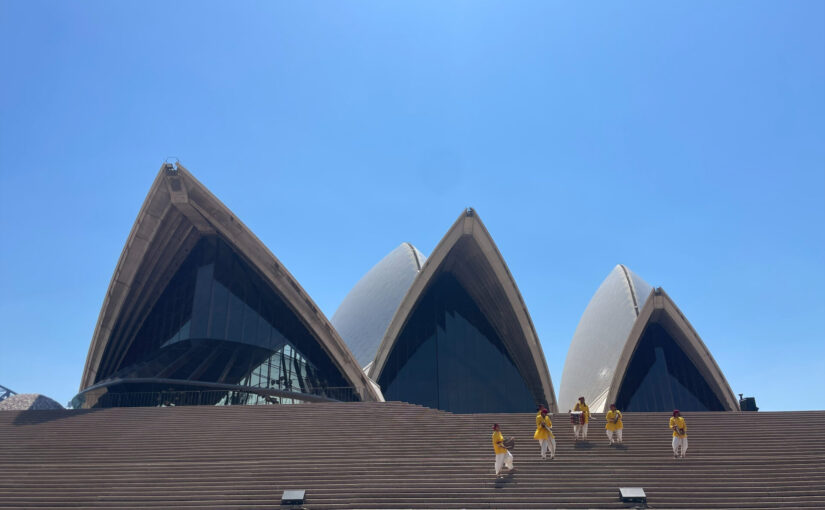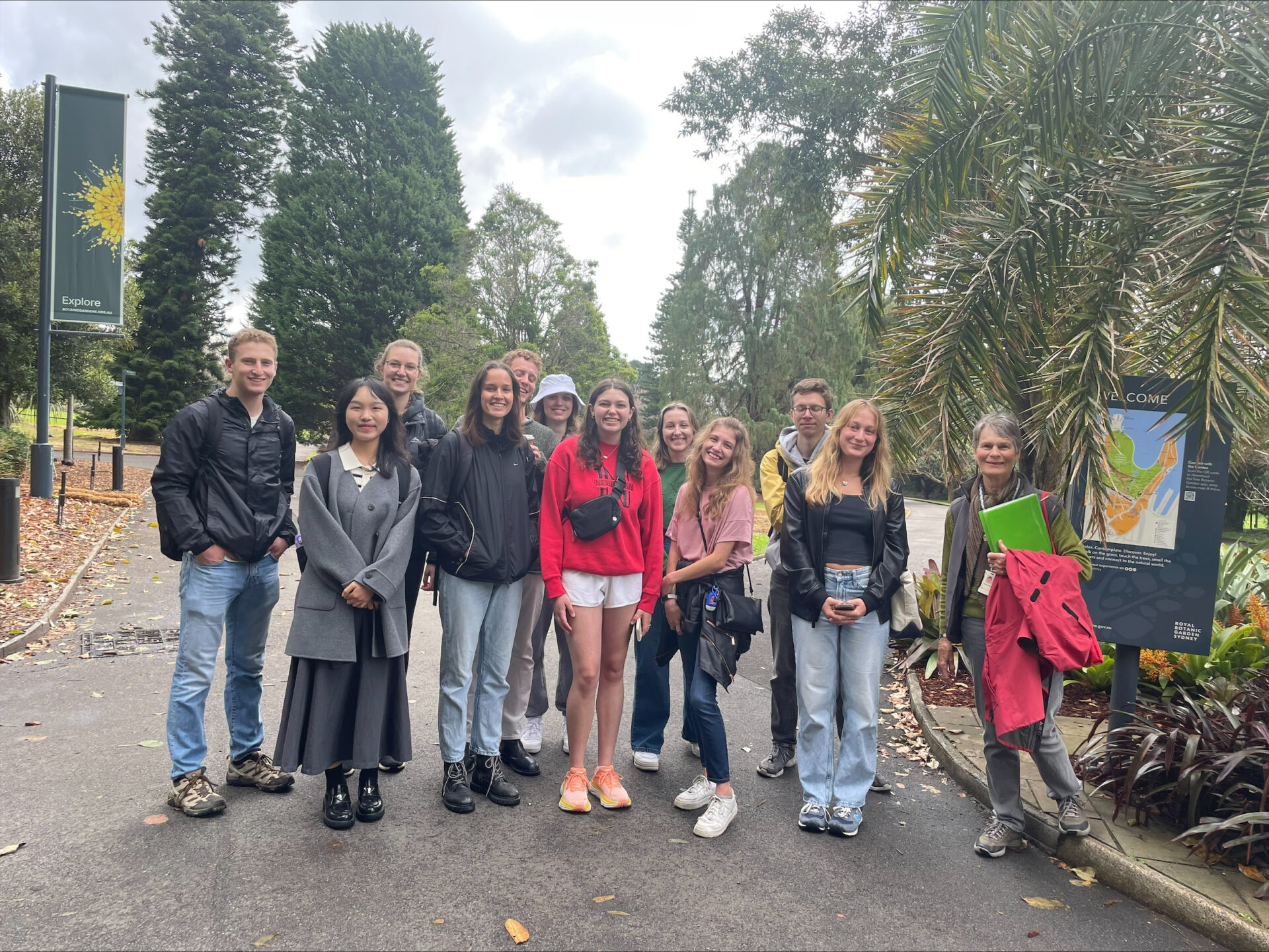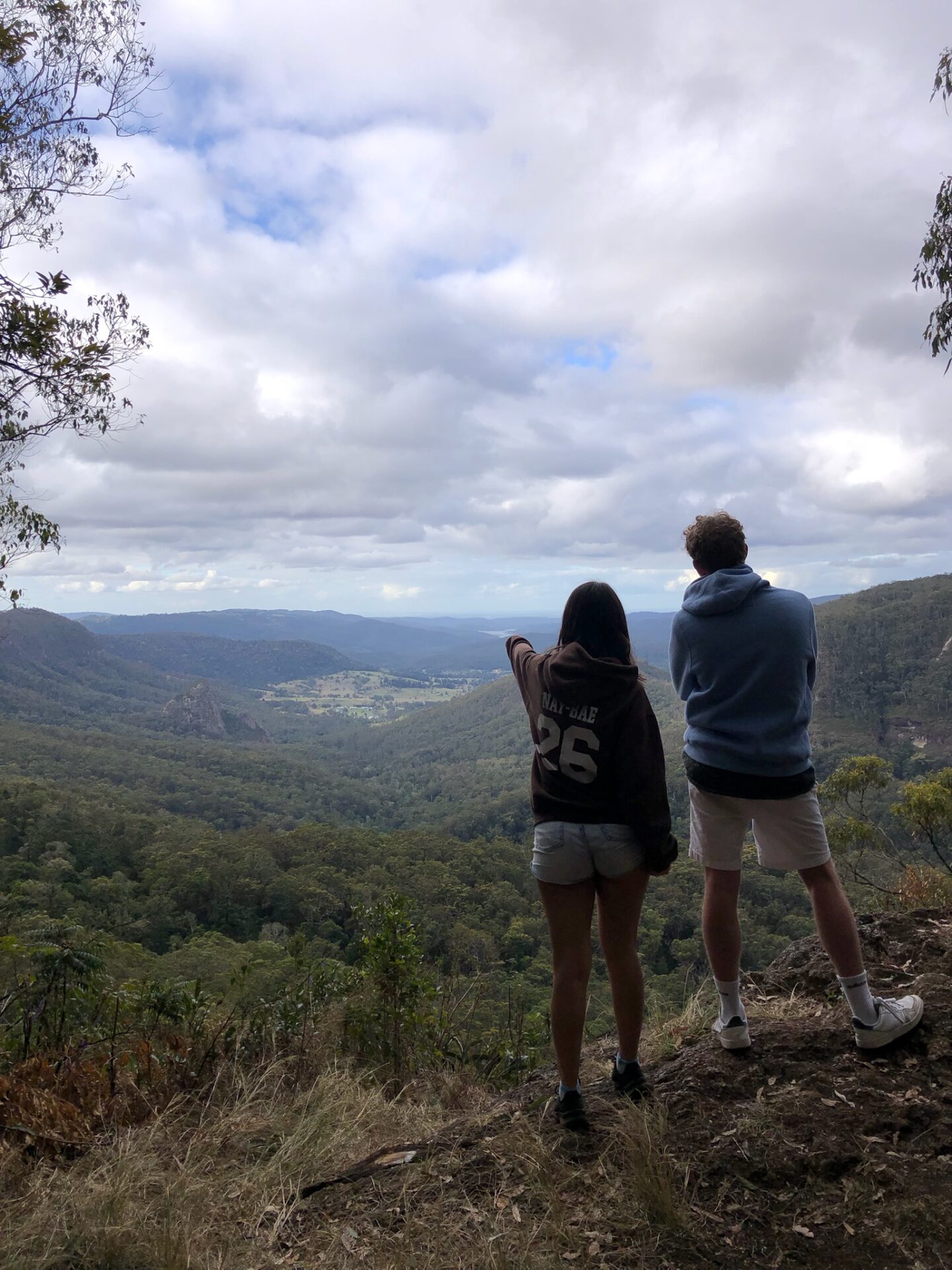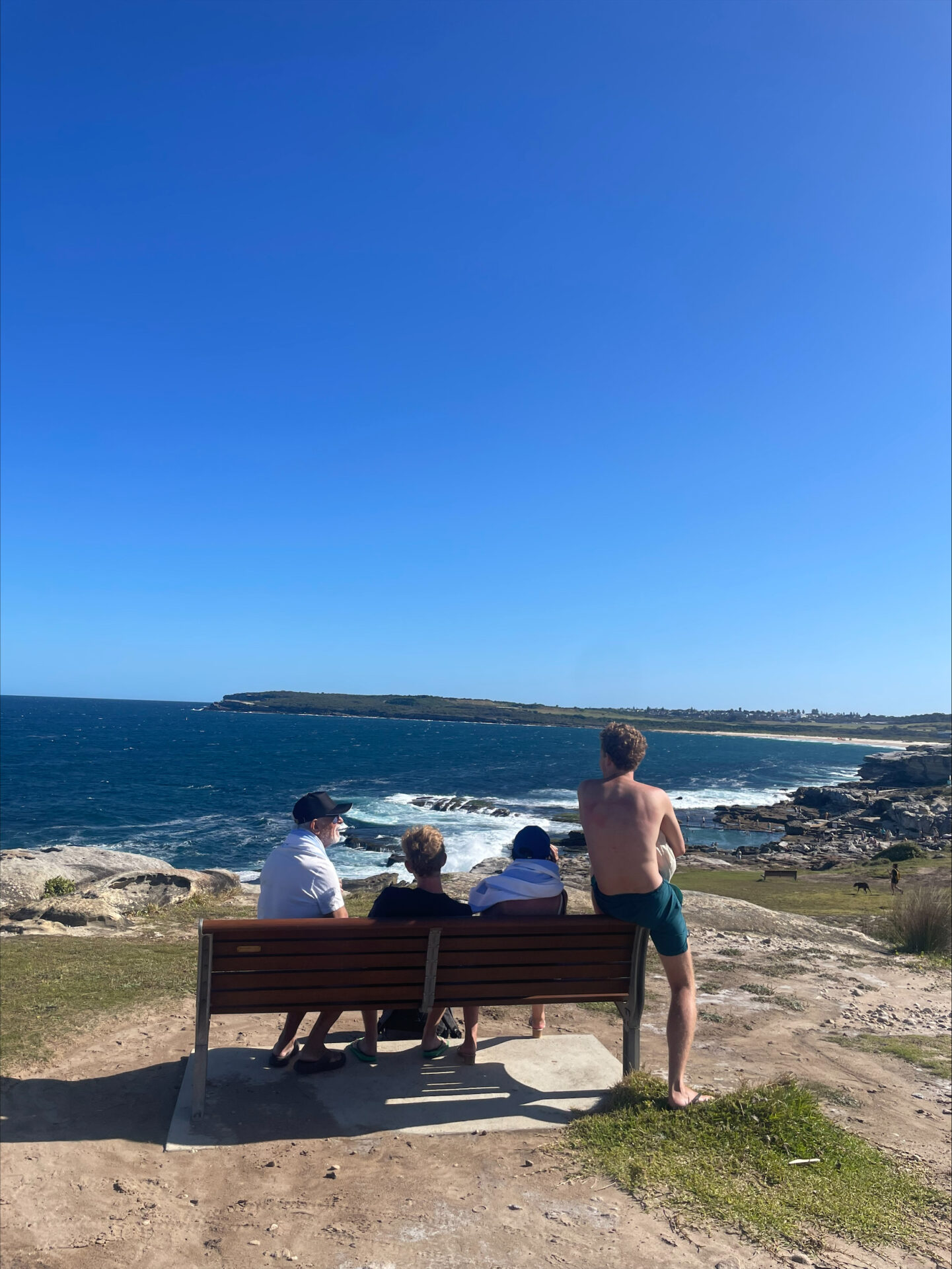Field of study in Wageningen: Sustainable Business and Innovation
Study period exchange: 24/07/2023 – 03/12/2023
Country (exchange): Australia
City (exchange): Sydney
University (exchange): The University of Sydney
Faculty (exchange): Business Management
2. Motivation for exchange
Why did you choose to go on study exchange?
-
- Always dreamed of broadening my views and explore another country and cultures. This must be the absolute real reason to go, the rest is just add on.
- International experience highly valued on CV.
- Highly valuable option if you want to take electives during an extra semester if you are struggling to keep up with WUR workload.
- I think it’s hard to find a country with tougher study level then the Netherlands so everywhere else feels less stressful more or less.
What is the reason you chose for this country/university?
-
- As European citizen it will always be kind of easy to work or travel around Europe. An opportunity to leave outside of UE is rarer then we think and I took it.
- Being the first exchange experience, I opted for an English-speaking country apart from studying, there’s so much more to take into account when living abroad.
- Reverse seasons, good weather all the time.
- Highly ranked University.
- Living in a big city.
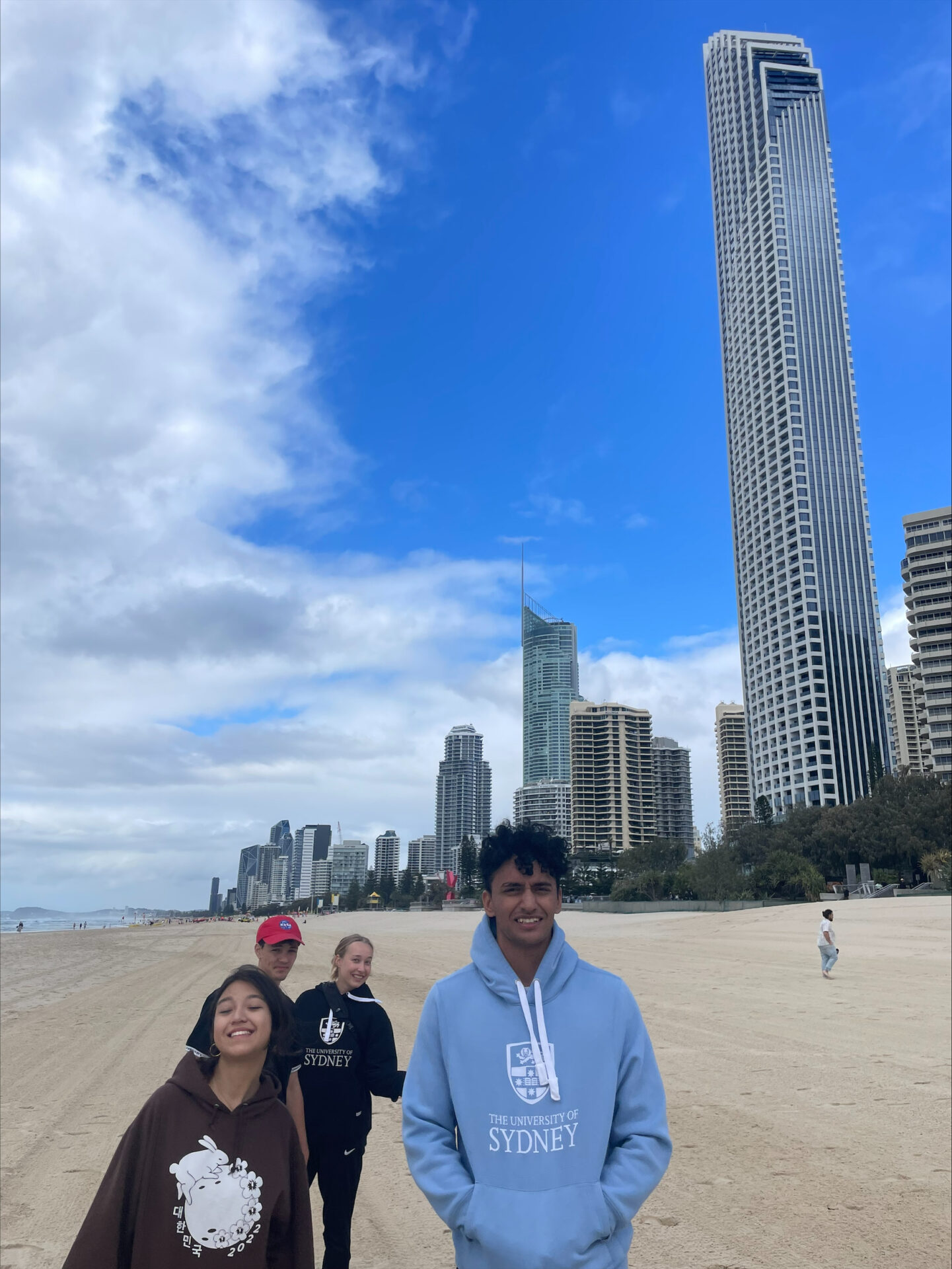
3. Accessibility to reach destination
Do you have any tips to reach your exchange destination?
Just bring the essential, The weather is always good, also in winter, so no much need for heavy clothes. Also, you can by lot of cheap clothes at Kmart (sort of equivalent of Action). You’ll realise Australia is extremely expensive so if you get rid of some luggage expenses, at the end and beginning of your exchange, you can opt also for cheap flights and make your way back to Europe passing through cheaper Asian destinations.
4. University and studying
Could you provide some general information about the followed courses?

What is it like to study there?
The University is huge and there’s Chair Groups for practically every academic field, this means you can encounter great variety in teaching methods. Let’s focus on what’s in common: No books required, Canvas is the student platform equivalent to BrightSpace. Courses last the entire semester, very important to divide the workload, also because exams/assignments/tests, are not all at the end but spread across the semester.
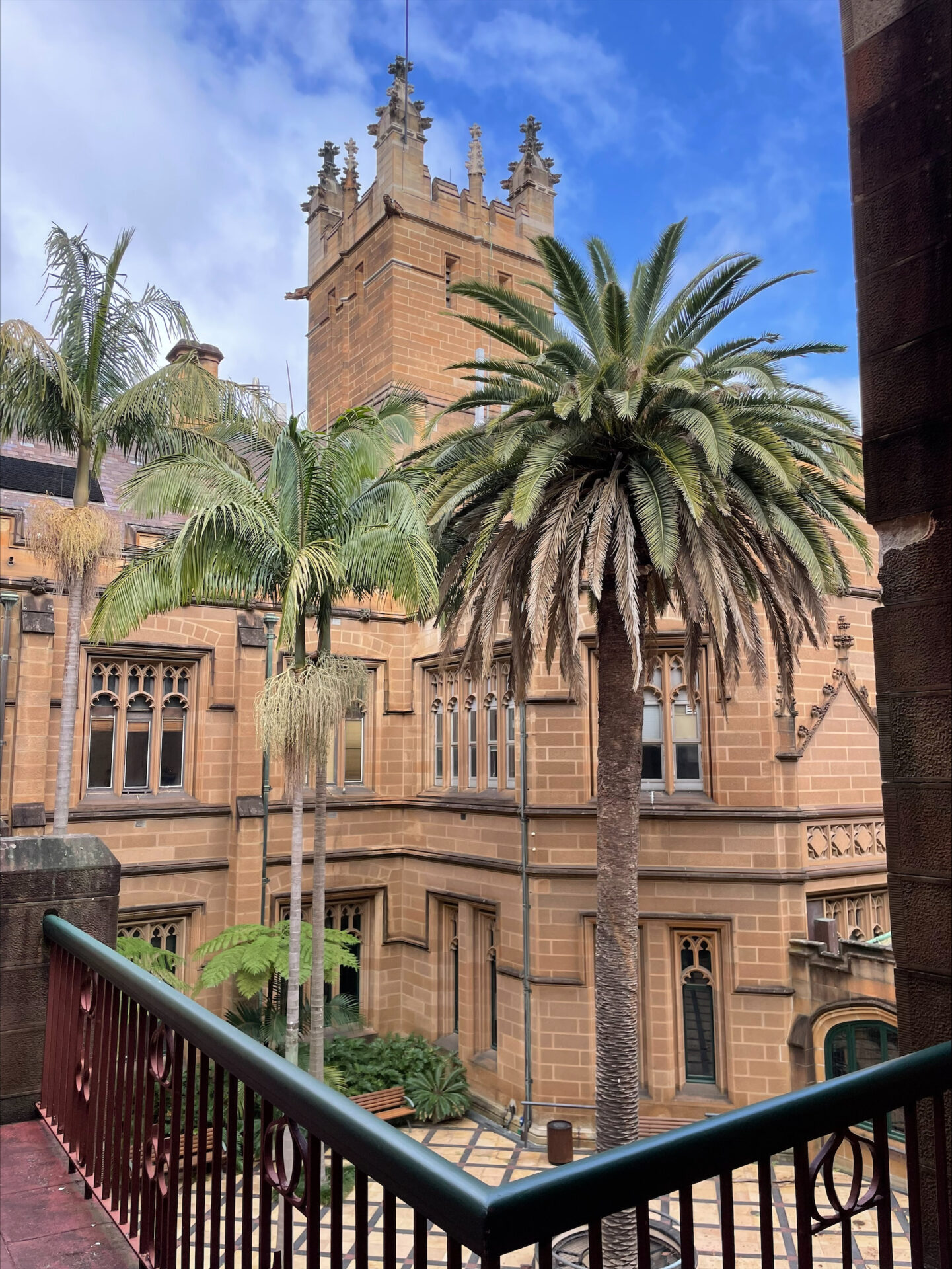
What is the culture of the university?
Lecturers are extremely approachable, classes are highly international, I’d say 90% of students come from China, South-east Asia and India. Campus is very much in the city so people hang out at café and in multiple parks.
What does the university offer the student additionally?
Subscribing for free to student associations gives access to lot of free food initiatives. University offers also lot of academic support and email communication is constant to engage with campus community. Sustainability program is a great way to get a certificate and get access experiences like botanic garden visits.
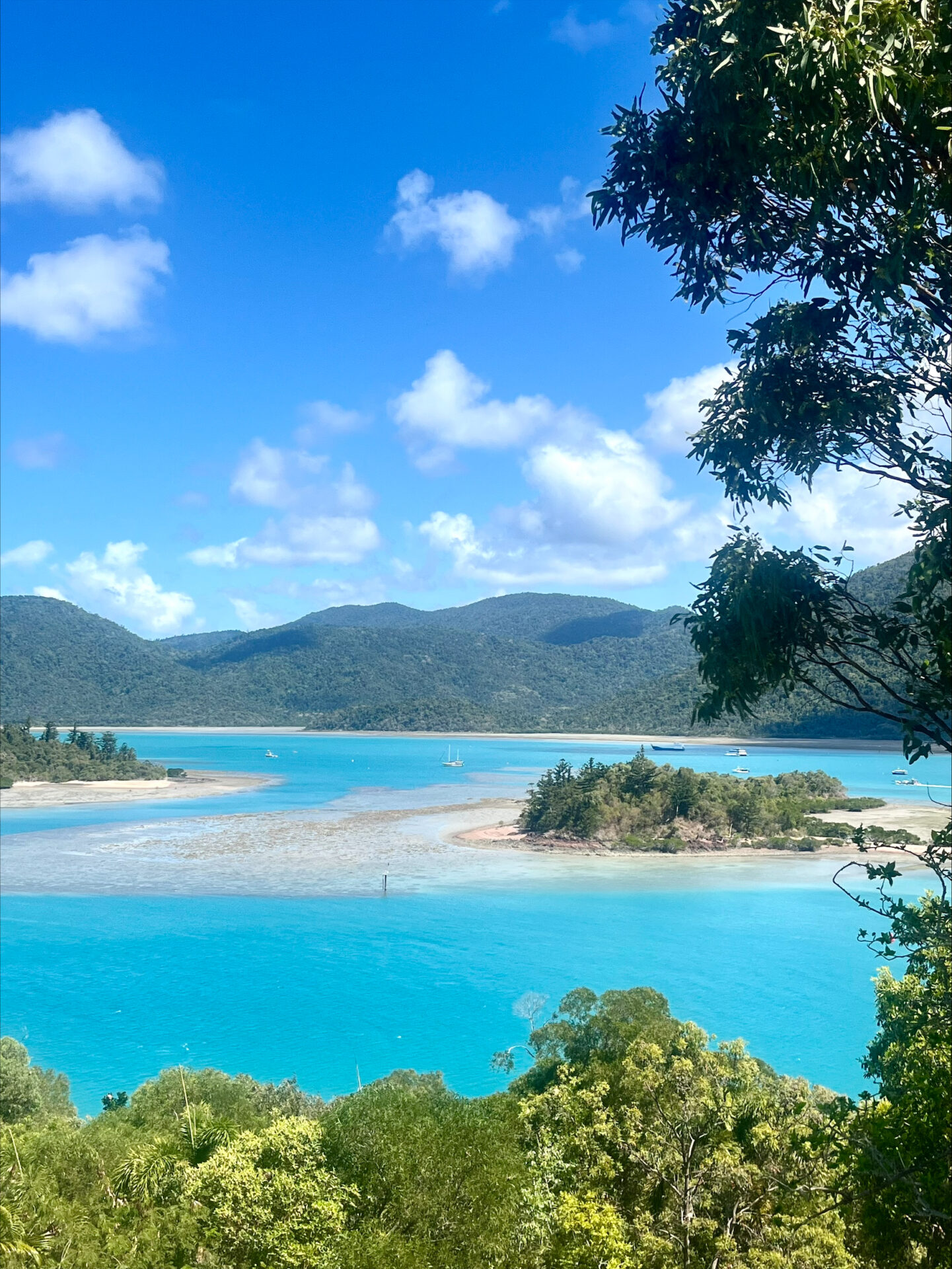
5. Housing-travelling-living
What are the possibilities for housing?
University offers options for exchange students. If you want to stay close to campus then those are relatively cheap. But cheaper option stays Facebook or RoomMates app. May sound counter intuitive but if you east of the city in the nice beach suburbs, you often find lower prices. I lived in Scape Sydney Central, one of the provided accommodations, I shared the room with another guy, and in general this room was part of a 4 rooms apartment, each room had it’s bathroom and then we had a common kitchen for all the 8 people, to give an idea of the diversity: I lived with 1 Indian, 3 Chinese, 1 Taiwanese and 2 Spanish.
What is the culture of the country like?
Cuisine is amazing, barbecues are a classic but what’s amazing is the diversity of Asian restaurants all over the place, especially in the close by Chinatown. People are very friendly, and everybody lives very much the outdoors. Australians practice a lot of sport. Surf life actually lives up to the expectations.
Could you give some information about public transport infrastructure?
OPAL Card is the public transport card, not many people know that as an exchange student you have right to a “concession” card which gives access to 50% discount on every route. Urban Trains, ferries, and busses rarely disappoint and are a great way to explore very angle of the city, but I suggest you to take long walks cause you’ll get access to lot of hidden pretty streets.
6. Expenses
Can you give an indication of your expenses for/during your exchange?
Ticket there: Buy a one way ticket, if you buy 6 weeks in advance you can get for less then 1k.
Visa if applicable: around 550
Vaccinations if applicable: not needed Insurances (extra, if applicable): around 300 total for the whole semester
Housing costs per month & type of housing/accommodation: 900 euros per month for shared room apartment, for self contained expect prices over 1.2 k euro
Groceries: Aldi is cheapest option, if adopt to local products, can be very cheap, like 200 euros.
Public transport: Cheaper then Netherlands, if ou use the OPAL card, an algorithm lowers your fare the more you use public transport.
Restaurant/going out for dinner: Café are incredibly expensive, for the rest is similar to the Netherlands.
Daytrips/sight-seeing: Cheap, it’s all about nature!
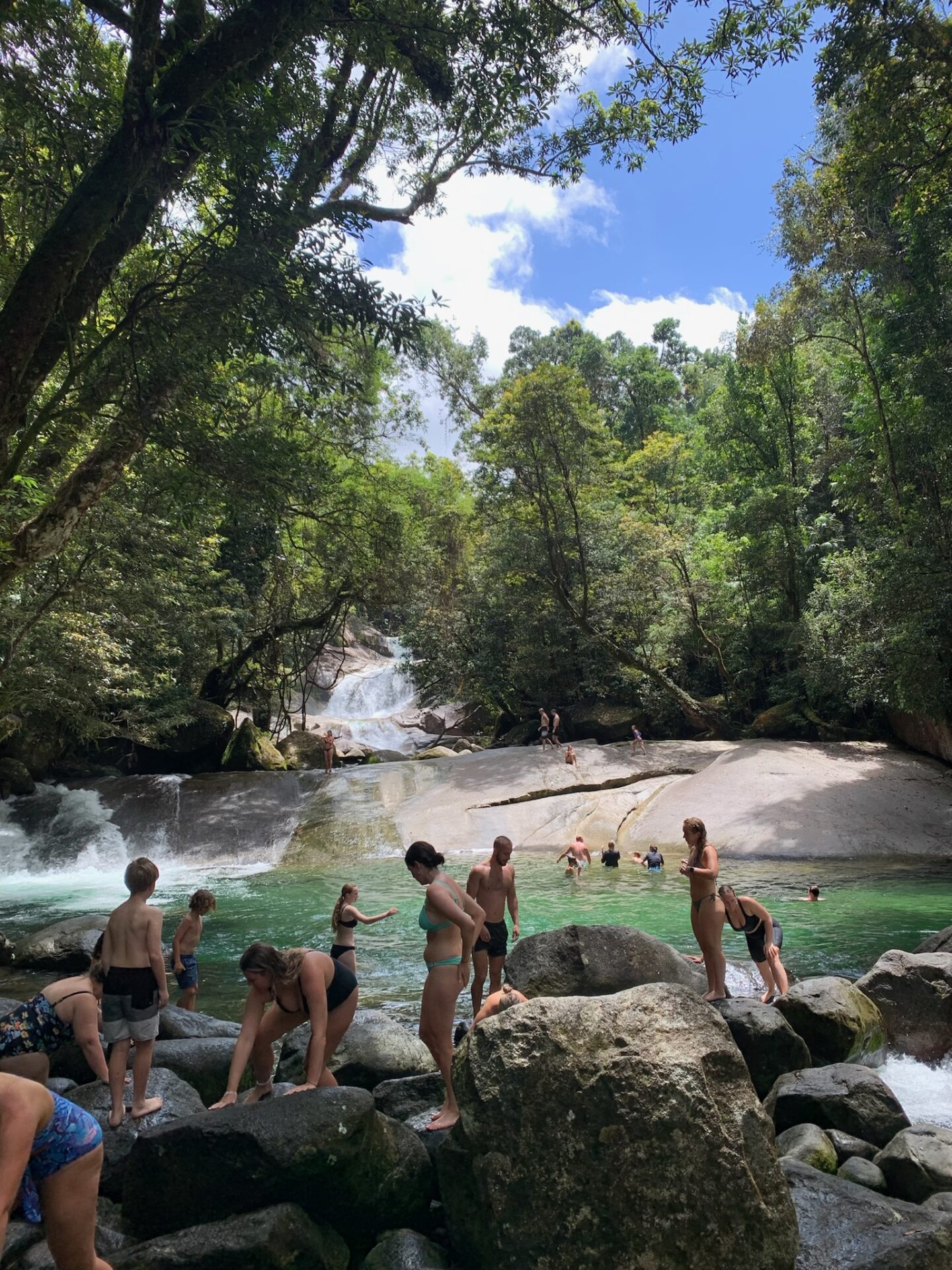
Additional remarks regarding expenses?
Jucy is the best brand for hiring vans for road trips. Try to use as much as possible the University offerings and free meals during the week.
7. Free time
What are must-sees in the area?
Every beach is worth it, Taroonga zoo is nothing like any other zoo I’ve seen. Ferries to Manly Beach are iconic but make sure to take a ferry also the the west side of the city, there’s much more you might think. Also, to explore North of the city, take the public double decker busses!
What does not appear in the travel guide, but is worth a visit?
If you wake up very early in the morning, just like Aussies, go to Centennial Park and join people doing sport and running with their dogs. One of my favourite spots is CampCove.
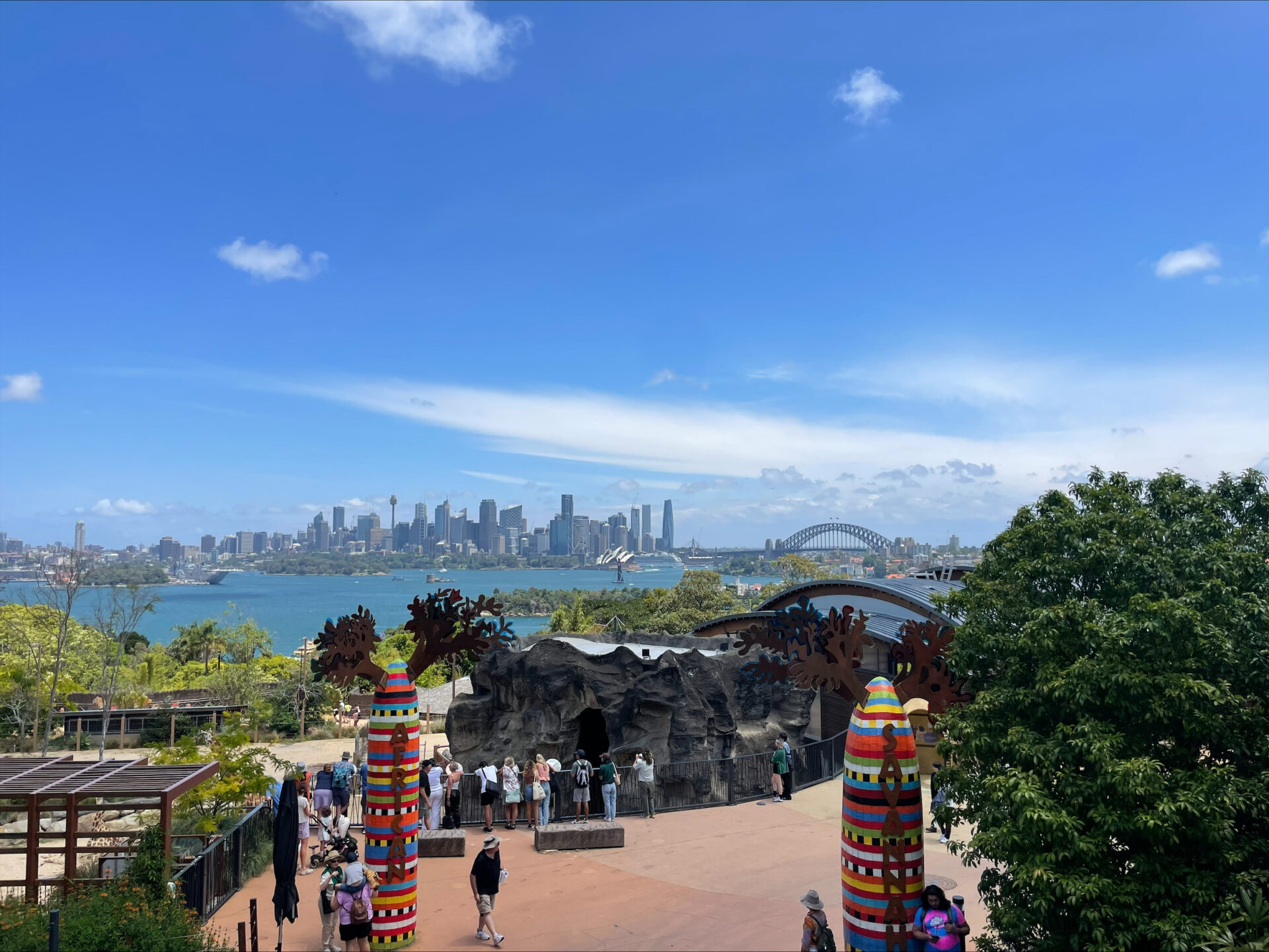
Do you have general tips and tricks about leisure time?
Make sure tut yourself out there and meet people the first two weeks which are full of events, some of them lame but great friendships can also start from boredom! Instead of spending lot of money at surf schools, make sure to find facebook groups or students offering classes for match cheaper, and buy a board for yourself! After 2-3 classes you’re good to go out there in the waves by yourself.
7. Challenges & best moment abroad
What was a challenge you have experienced?
You must face the fact that it’s still a study exchange so try to keep yourself responsible and get things done. I’m a very social person but still of course I had tough days missing my friends back home, other exchange students feel the same and that helps creating a bond, sharing is caring! The fabulous nature really helped me release stress.
What was your best memory abroad?
Road Trips in east coast Australia and south-west coast New Zealand with friends, Beach days at Tamarama, and laying in the Victoria park after lecture.
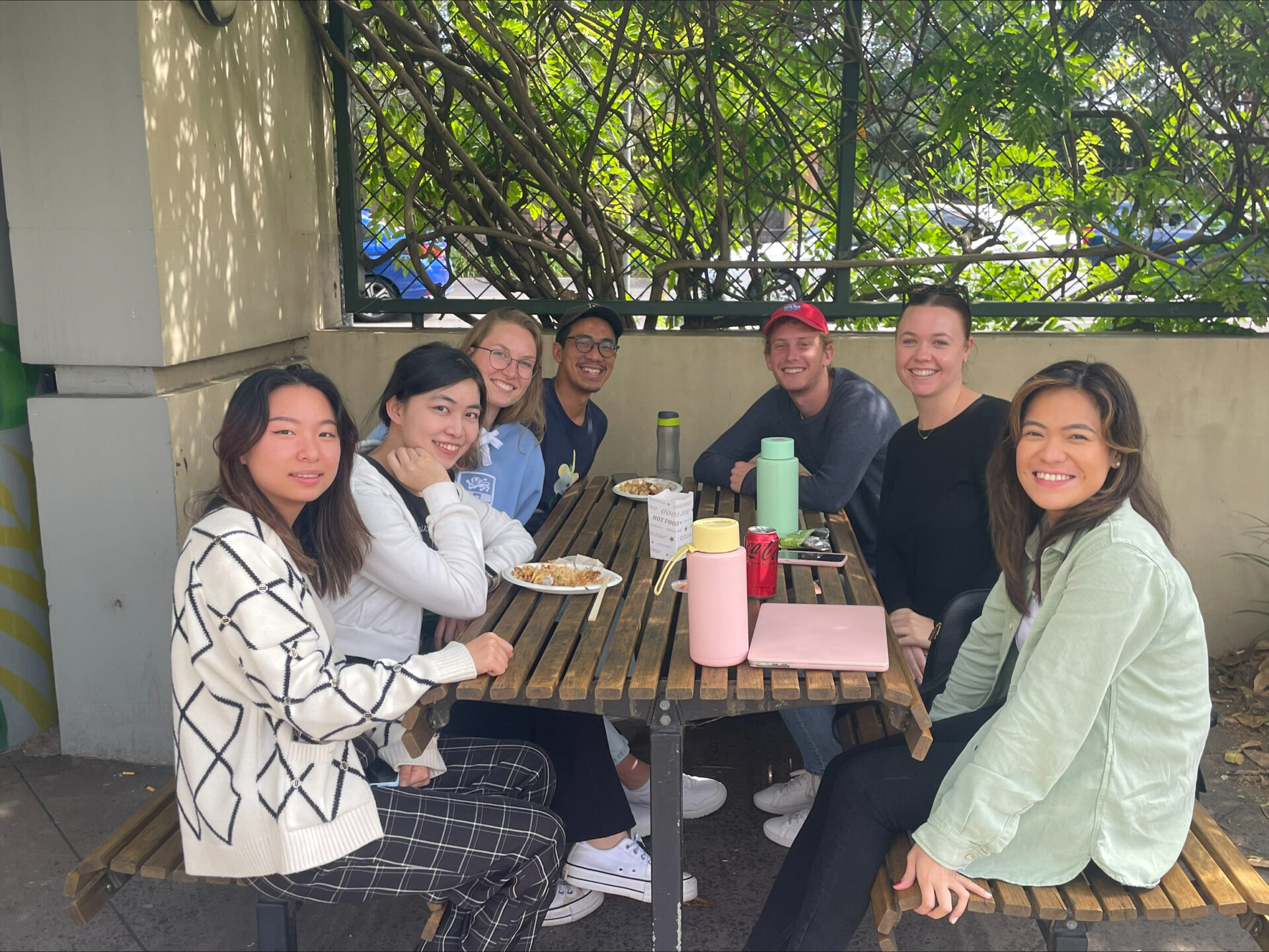
8. Contact Details
Would you like to ask Luca more questions about his exchange?
Send him a mail: lucawichers.b@gmail.com

